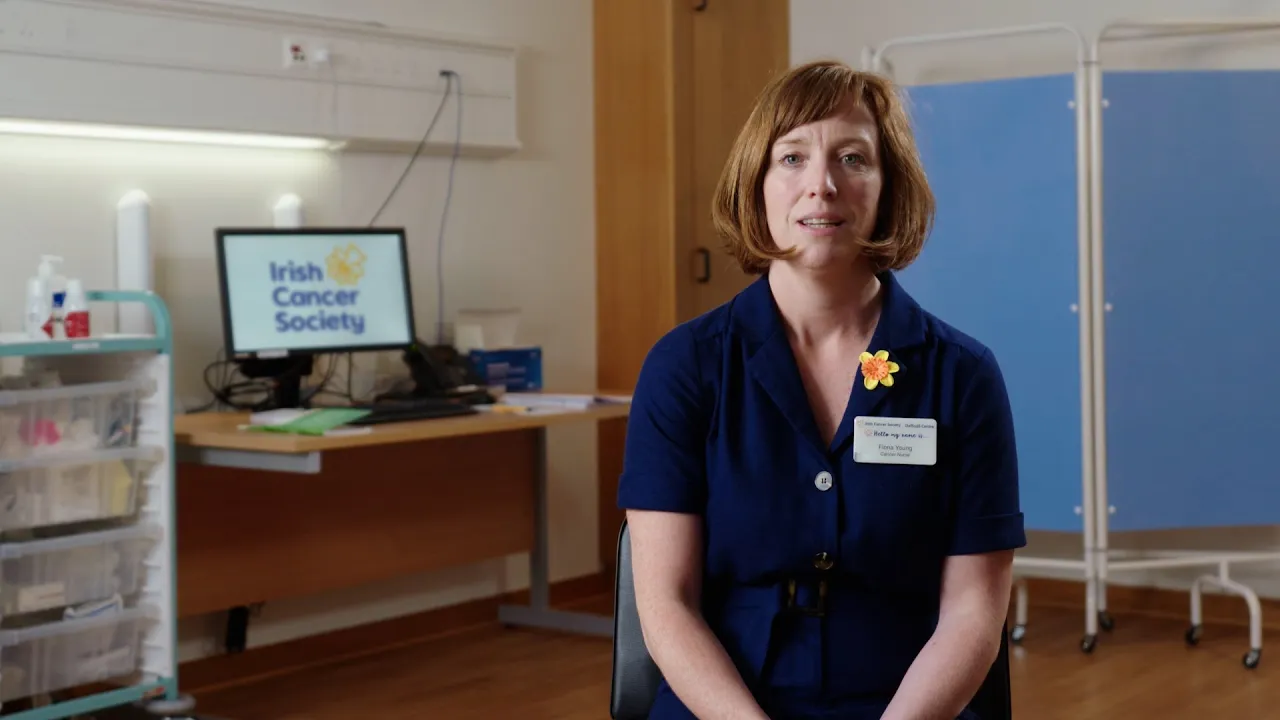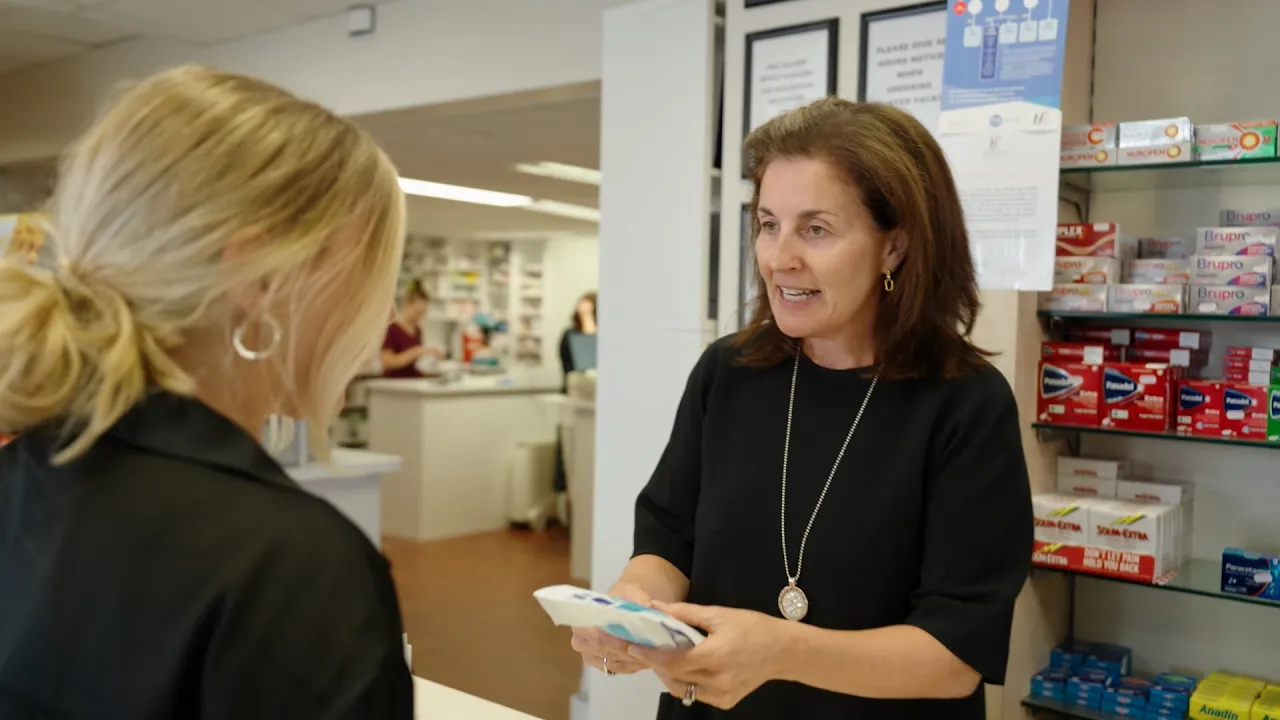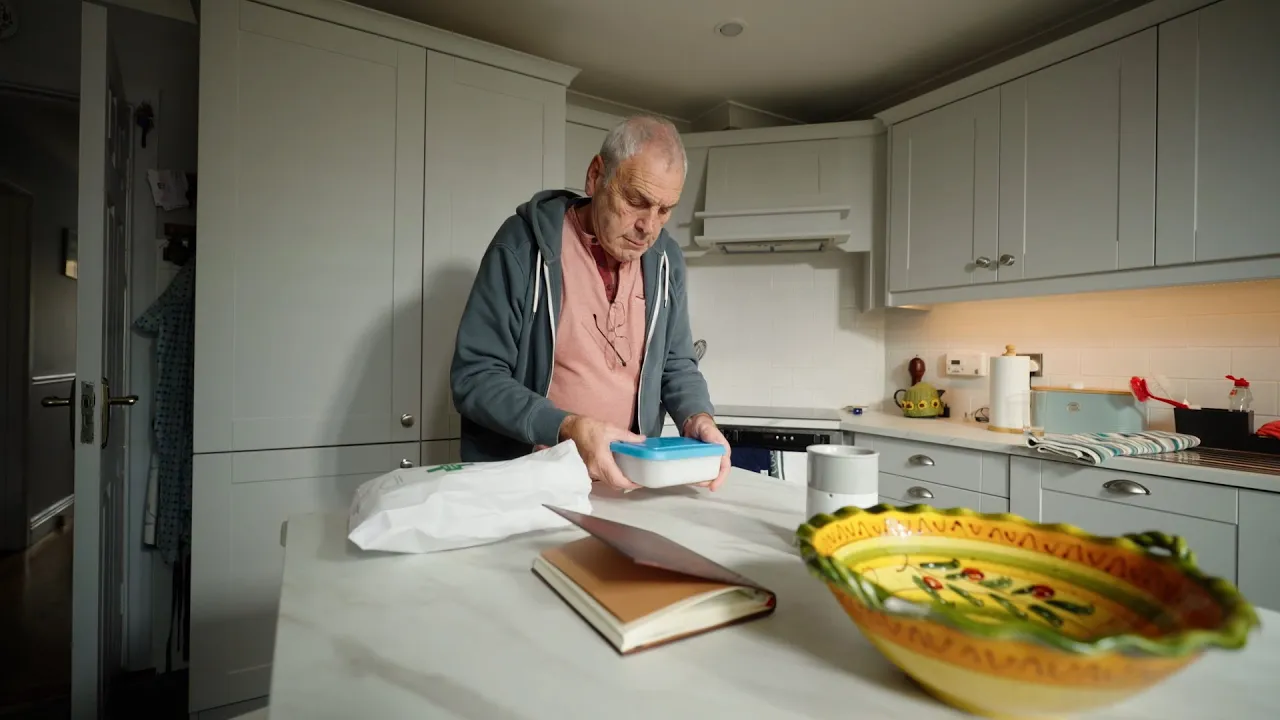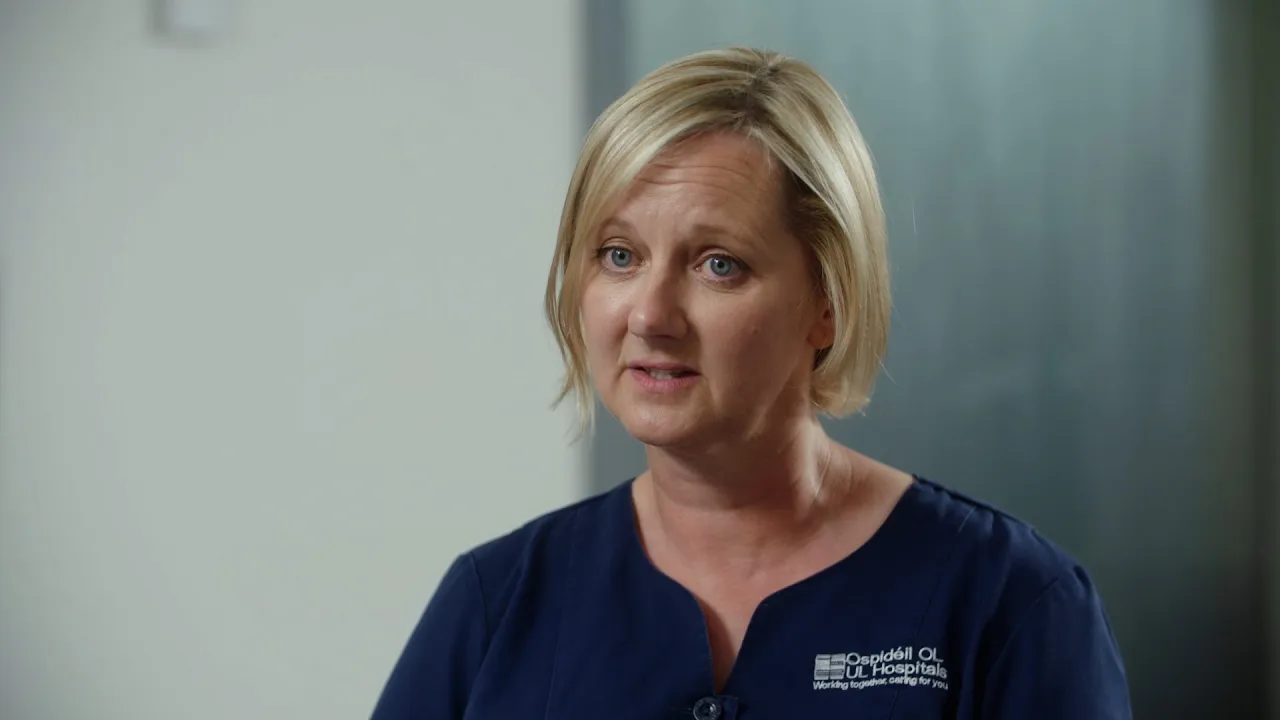Oral anti-cancer medicines 4: Getting your medications
This video explains how you get your oral anti-cancer medicines with your pharmacist and the importance of attending your hospital clinic for check-ups.
0:03
When we use the word dispensing, we are talking about how the medicines actually are provided to you. Like most medication, your doctor or in this case your consultant will generate a prescription related to your treatment.
0:16
You may have different prescriptions, some related to your anti-cancer medication, others to prevent you feeling sick or to prevent other side-effects. So, the list can be long.
0:26
It is necessary to nominate a pharmacy that you will use consistently during your treatment. This prescription can be sent directly to your pharmacist, or you may need to deliver it manually yourself.
0:37
You may have to attend the clinic for ongoing monitoring during your treatment. The intervals for these appointments will be decided on a case-by-case basis. At each appointment, you will be given a prescription that will contain enough medication until your next clinic appointment.
0:53
We recommend that you get a list of your current medications, either as a printout or as a photograph on your phone. This can be very handy if any of your care teams ask you questions regarding medications.
1:05
Do not be concerned that the prescription looks a little different than a typical prescription. The original prescription should be stored in your nominated pharmacy.
1:15
Your pharmacist will then release the medication to you one cycle at a time. Cycles are typically a month, but this may vary.
1:24
If you do need to change your nominated pharmacy, this can easily be done, by filling out a form, and nominating your new pharmacist.
1:32
The medical team in your hospital will give you information about your anti-cancer or chemotherapy medicine. However, you may have some questions that have occurred to you in the meantime.
1:42
Meeting the pharmacist is a good chance to ask more questions and get as much information as you need. Write down any notes to remind yourself afterwards. Make sure you understand fully how to take your medicine and what to do if you experience any side effects or have any questions.
1:58
Please know the staff at your pharmacy are happy to help. You are not bothering anyone by asking your pharmacist to repeat or clarify information.
Oral anti-cancer medicines playlist










